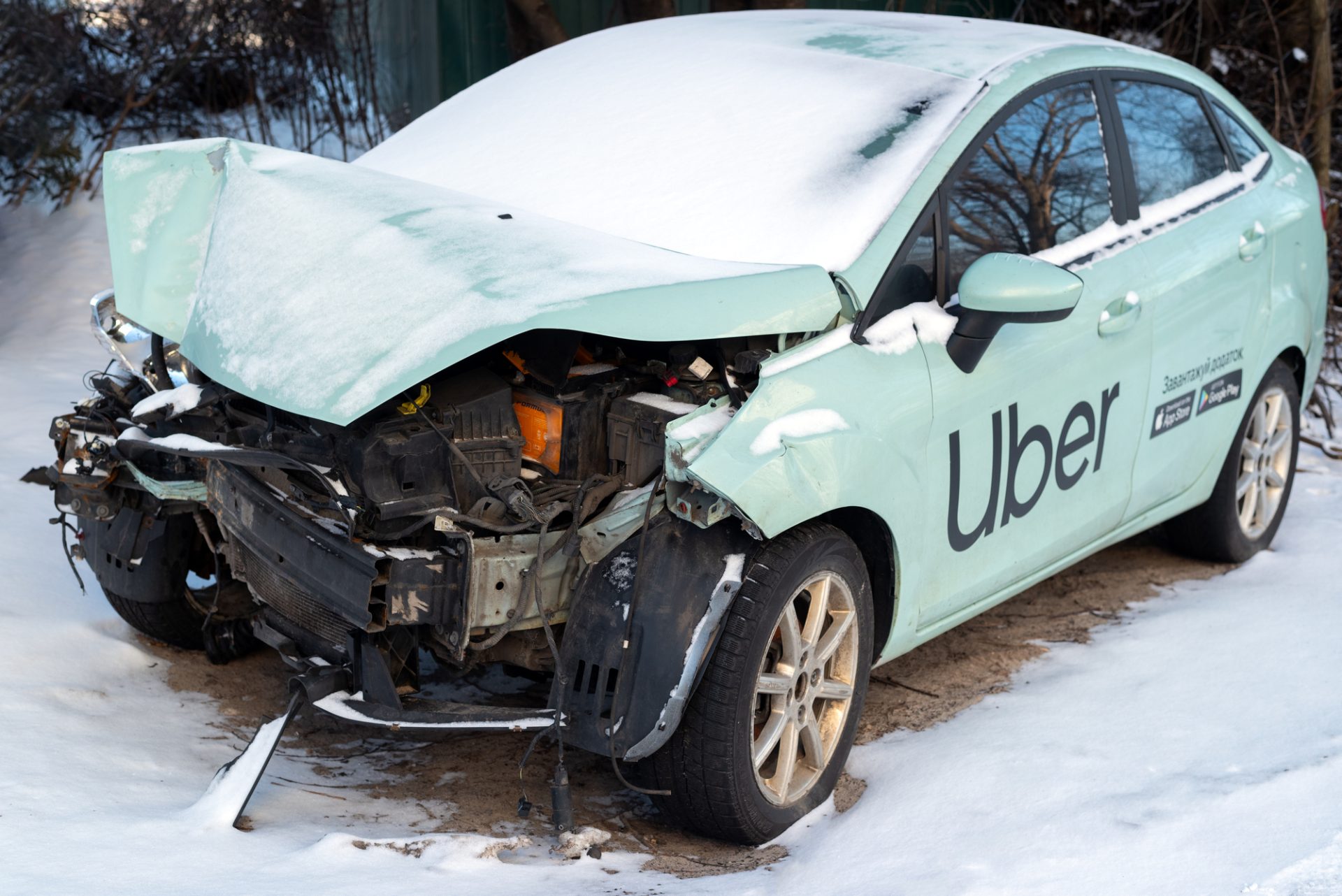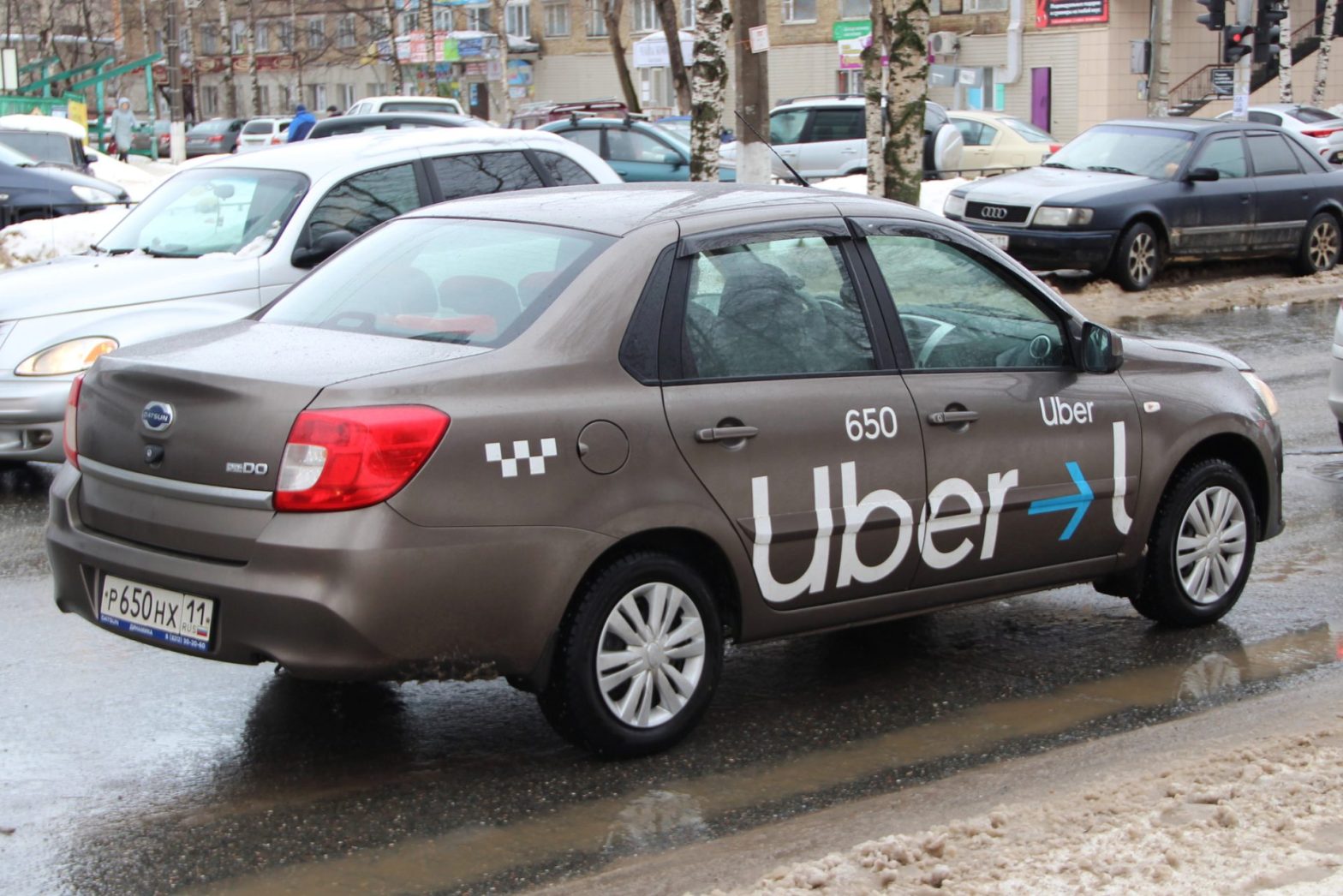Ridesharing companies like Uber, Lyft, and Bolt have not only provided several people with a reliable source of income, they have also simplified how people get from one place to another. However, as the number of ridesharing vehicles on the road continues to increase, so does the number of accidents. In addition, insurance companies often try to avoid paying the right compensation amount. As a result, if you or someone you know has been the victim of an accident that involves a ridesharing vehicle, consider getting in touch with an Uber accident lawyer at the earliest to bolster your case.
Before you continue reading, know that this is a guide for Uber passengers, third-party drivers, and pedestrians. If you are a driver for a ridesharing company or a food delivery service provider and have been involved in an accident, you may want to check this guide by a lawyer for Uber drivers instead.
Common Scenarios
Uber accident lawyers come across different types of accidents, and most of them fall under these scenarios.
- An Uber driver causes an accident that results in an injury to the car’s passenger.
- A driver of another vehicle causes an accident that results in an injury to an Uber passenger.
- An Uber driver meets with an accident, causing injury to another vehicle’s driver or damage to another vehicle.
- An Uber driver causes injury to a pedestrian or a cyclist.
In all these scenarios, you may seek compensation from the Uber driver and Uber. However, Uber’s coverage comes into play only if the driver’s insurance is not adequate to cover your damages.
Common Causes of Uber Accidents
New York is no stranger to Uber accidents, and while these crashes take place because of different reasons, some are more common than others.
- Distracted driving
- Driving when fatigued
- Driving while intoxicated
- Speeding
- Making illegal/unsafe turns
- Running stop signs/traffic signals
- Failure to yield the right of way
- Making sudden stops
- Mechanical failures
- Dangerous weather conditions
- Poor road conditions
What Are Uber’s Insurance Limits?
While Uber provides insurance coverage for its drivers, it does so for its passengers as well. Uber’s insurance policy stays in effect all the time an Uber driver remains logged into the company’s app. Its coverage of up to $1.25 million is in place to cover personal injury, property damage, and loss of life.
An Uber driver’s insurance policy typically applies first, and Uber’s policy is in place to make up for the difference between your claim and the amount you receive from the driver’s insurance company.
In New York, Uber passengers, third-party drivers, and pedestrians may file a claim with Uber if its driver is at fault. If the driver of another vehicle is responsible for an accident and you’re an Uber passenger, you may file a claim with the other driver’s insurance company. In case the coverage is not enough to pay for your damages, you may file a claim with Uber for the difference.
While the coverage that rideshare insurance policies offer is significant, bear in mind that these companies don’t make the process of filing a claim and receiving compensation particularly easy, which is why you may benefit from seeking the services of an Uber accident lawyer.

Damages That Warrant Compensation
Depending on the severity of your injuries and the extent of damage to property, you might qualify to receive compensation for:
- Medical expenses
- Physical impairment
- Mental and physical suffering
- Loss of income
- Loss of companionship
- Diminished quality of life
What to Do After an Accident?
Just about every Uber & Lyft accident attorney you seek advice from will suggest that you follow a few steps after you meet with an accident.
- Check for injuries. Start by checking the severity of your injuries and seek medical assistance as quickly as possible.
- Report the accident. Submit a report of the accident through the Uber app so there’s a record of the incident.
- Speak with the police. There’s a possibility that the police will arrive at the scene soon after the accident. In this case, make sure you notify them that you were a passenger in a ridesharing vehicle. Seek a copy of the police report too.
- Document the accident. This involves taking photographs or making a video of the accident scene and ensuring that you capture every possible detail that might matter.
- Gather witness information. This can be particularly important if the police don’t arrive at the accident spot. Try to get the names and contact details of all witnesses as this can help strengthen your case.
- Contact an attorney. Get in touch with an Uber accident attorney or lawyer at the earliest to find out where your case stands and what you need to do going forward.
Bear in mind that statutes of limitations apply on how much time you get to file a lawsuit after an accident. For example, you need to file a lawsuit related to a car accident or personal injury within three years from the date of the incident.
Why Hire an Uber Accident Lawyer?
Even the best lawyer to sue Uber understands that each case comes with different intricacies and hardly any of them is straightforward. As a result, if you plan to fight your case on your own, you might greatly limit the possibility of getting the compensation you deserve. Skilled personal injury attorneys and lawyers who specialize in this realm can inform you of your rights, help you gather evidence, negotiate with insurance companies, and if the need arises, represent you in court.
Conclusion
Dealing with the aftermath of a ridesharing accident is never easy, especially when it involves injuries and property damage. What helps is that you might be able to seek compensation for your damages, whether you’re a passenger, a pedestrian, a cyclist, or the driver of another vehicle. Seeking advice from an Uber accident attorney is the ideal way to go in any such scenario because you’ll then know the merits of your case and how to proceed.

